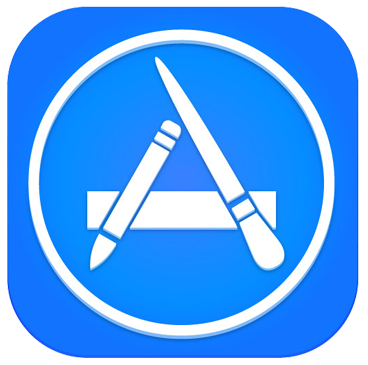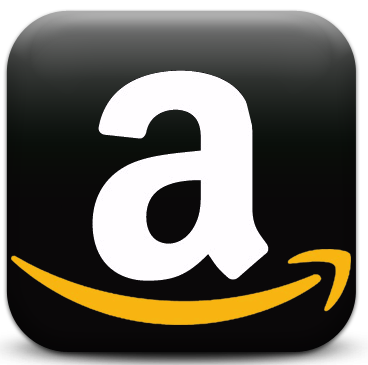This is the best way to experience Off Camera- When you get the app, you can instantly subscribe to Off Camera, or buy single issues a la carte. The Off Camera app is a beautifully designed hybrid magazine with the entire television version of Off Camera contained within it, available for any tablet or mobile device.
This e-magazine has all the images and extra content available in the physical version of the Off Camera magazine, plus enhanced HD video streaming so you can enjoy Off Camera your way.
After downloading the app, you will find Off Camera in your Apple newsstand folder. You can play steaming HD video straight from the pages of the app, making this experience truly multi-media.
Off Camera subscriptions available:
Single Issue/episode: (non-subscription): $2.99
6 month subscription: (11 issues/episodes): $27.99
1 year subscription: (22 issues/episodes): $49.99
Available in the Apple App Store and on Amazon:
If you could see Olivia Wilde’s toes right now, they’d be wiggling. Since you can’t, you’ll have to take her metaphor for it – she’s hit an artistic stride that feels as satisfying and freeing as “taking off an uncomfortable pair of shoes.” It shows. In Meadowland, she’s riveting as a mother whose reaction to a tragically random event first seems shocking, then increasingly real. In other words, more human than Hollywood. It’s a role she was told she likely wouldn’t get, and one she knew she’d do anything to play, including working with a first-time director, locking her fiancé in his room for three hours and eventually, signing on to produce. How do you know “Goddamn, I have to play this role?” When you recognize a version of yourself in the character, even if it’s one you may not want to see. It’s a performance that makes any of us question how we’d behave once the worst has already happened. Meadowland also appealed to Wilde in its refusal to offer closure, which also sounded suspiciously like real life. And should neatly answering all our questions be the function of film, or any art? Not for Wilde, anyway. “If it’s not messy, I’m not interested.”
Wilde has been acting for over a decade, but says her career truly started when she learned to commit to a choice without knowing what its outcome would be, a lesson she credits to the under-appreciated Drinking Buddies, a movie in which she plays another messy character, and one that comes closest who she really is. She didn’t have much choice about trusting the outcome, since almost the entire script was improv and all the information she had about the movie before flying out to film it was scribbled on a napkin. (Another lesson about absorbing beer and information simultaneously followed, but you’ll have to read on for that one.) Drinking Buddies was an artistic stretch, but a big confidence builder – confidence she’s now channeling into writing: “Fear was going to stop me until I just made the decision to do it.” It also underscores one of her favorite quotes from Steinbeck’s East of Eden: “And now that you don’t have to be perfect, you can be good.”
Not to mention a lot more interesting and authentic. Early in her career, Wilde made the smart decision to work at a casting agency to learn the business in “the belly of the beast.” When an agent advised her to drop her theater-training enunciation and “just be a human,” she realized that most actors “spend their careers unlearning how to act and just be a person.” That kind of authenticity is informing the more complex characters she’s choosing to take on these days. And as an audience, we relate and respond. So why don’t we see more complicated, real women on screen? Wilde figures it’s because Hollywood is pretty invested in the shiny, young and new, the food of fantasy. Certainly there’s a place for escapism in film or any art, but if we don’t truly connect, how much does it enrich us in the long run? In Off Camera 41, Wilde shares stories from the jobs that shaped her career, reveals her fondness for brown corduroy and explains why Coming to America is a feminist movie.




